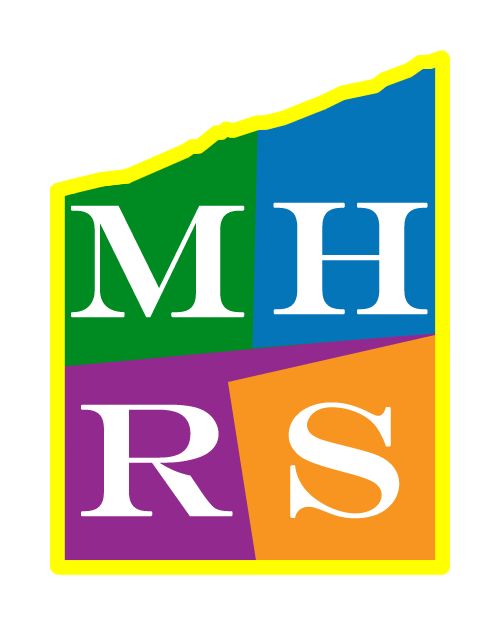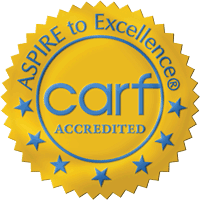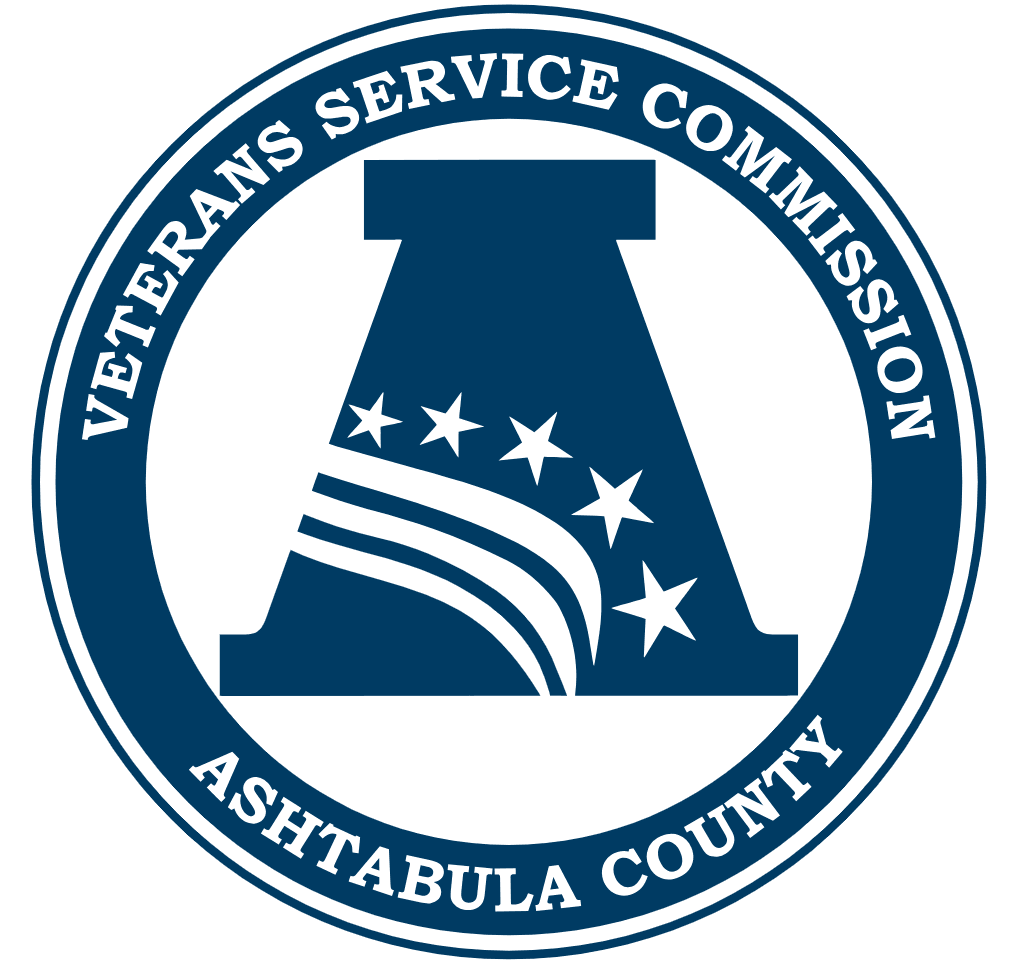Code of Ethics/Conduct
Community Counseling Center maintains a Code of Ethics/Conduct for its workforce to ensure that clients are treated with respect for their person and their care, and that workforce functions in a manner consistent with the ethics of their professions. To accomplish this task, the Agency will specifically outline the conduct which is appropriate or inappropriate for workforce members.
1. Definitions:
Workforce – Includes individuals who are paid by CCC to provide services on a full-time, part-time or contract basis, volunteers, temporary Agency workers and interns who are not paid by the Agency are subject to the same Code of Ethics/Conduct.
Treatment - is considered to be any one-time or on-going, individual or group, interaction between a person seeking behavioral health or SUD assistance and a member of the workforce, where definite therapeutic goals have been established. This includes all services for which CCC is accredited to provide.
Client - Any person in treatment or receiving evaluation and/or referral services from CCC is considered a client. A person receiving treatment services is designated as a client for two (2) years following their date of termination or discharge for the purposes of this Code.
2. Standards of Behavior for Workforce:
a. Workforce shall adhere to the rules of confidentiality of all records, material and knowledge concerning the client, in accordance with current federal regulations and Agency standards for confidentiality.
b. Services provided by Peer Support Specialists may differ from those provided by other services. Peer Support specialists will adhere to ethical guidelines as indicated by the Ohio Peer Supporter Recovery Guidelines. Differences may include platforms of engagement (i.e. social media platforms), and participation in social activities. Peer Support Specialists are advised to work with their supervisor to determine appropriateness of interactions.
c. Any information regarding child abuse or neglect must be reported to Children Services Board, as defined by the Ohio Revised Code or Ohio Administrative Code.
d. Workforce shall avoid multiple relationships and conflicts of interest with any client, family members of client or former client, or other persons encountered in professional or non-professional setting, which are not in the best interest of the client and might impair professional judgment or which increases the risk of client exploitation.
e. Treatment-related interventions off the premises of the Agency (such as, but not limited, to home visits, visits to community sites, and transportation) are permissible and encouraged provided they occur within the context of a defined treatment plan. Supervisors are to be informed of all necessary appointments scheduled after normal office hours.
f. Client behaviors (such as, but not limited, to persistent expressions of interest in a personal relationship with a workforce member, suicidal ideation, threatening acts of a homicidal or criminal nature, and/or other violent acts) are to be clinically addressed and reported to a supervisor immediately.
g. Any knowledge of the disclosure by workforce, of client information to non-treatment workforce, or to non-Agency persons, must be reported to the appropriate clinical supervisor. This includes, but is not limited to comments about a client’s enrollment for service, services provided, or unusual behaviors exhibited by a client.
h. It is the responsibility of the treatment workforce to transfer a client when he/she feels he/she cannot effectively provide services to a client for any reason. In addition, if the provision of client care is beyond the capability of the Agency, the client may be transferred to another facility when clinically permissible. The transfer of a client for this reason will include a discussion with the client regarding the reason for transfer and a discussion with the family if warranted.
i. No workforce member is permitted to accept personal gifts, money, gratuities or favors from clients, or to request personal favors from a client. Donations made to the Agency are acceptable.
j. It is not considered a breach of ethics if a family member of an employee establishes a relationship with a client, unless the employee initiates the relationship. In all such instances, confidentiality of client information must be maintained.
k. If a workforce member is concerned about services provided by another workforce member, that concern should be referred to the direct supervisor and/or CEO.
l. No workforce member shall make negative comments regarding another workforce member's professional competency to clients. When more than one workforce person is working on the same case, one workforce member shall not interfere with a client's on-going treatment with another workforce member. Both workforce members have an obligation to the client to coordinate services.
m. If a workforce member is concerned about services provided by an outside entity, the client should be asked for a release of information and the matter should be discussed with the professional providing those services. Feedback regarding that discussion may be provided to the client, if requested. If the other professional is unwilling to coordinate services, our services may be discontinued.
n. These standards of behavior are not to be considered all-inclusive, but shall serve as a minimum guideline. These standards will be met no matter if the service is delivered in-person or remotely.
o. The Codes of Ethics of the professions of psychology, nursing, social work, counseling, marriage and family therapy, and medicine are by intent appended to this Code of Ethics and are equally applicable. Further, each unlicensed workforce member will be expected to adhere to the code of ethics of their licensed supervisor.
3. Personal Property:
There are certain instances, and as allowed by agency policy guidelines, where workforce members will utilize their own personal property to conduct their job duties. The Agency can make reasonable, nominal compensation to the member for the present value of the property, or repair the property or clean the property. Policy #530 MISC Personnel Policy - Compensation for Damage of Personal Property addresses this subject.
4. Personal Fundraising:
In order to maintain a productive and organized working environment, CCC has determined it to be in the best interest of the Agency to govern solicitation and distribution by its workforce and non-employees. Policy #526 Solicitation & Distribution Policy guides CCC workforce as to their limitations and responsibilities in this area.
5. Standards for Marketing:
All marketing materials that are used by the Agency will reflect only the services available and state the level of licensure and/or accreditation obtained by the Agency. All marketing material must be approved by the CEO prior to distribution.
6. Business Practices:
a. CCC will utilize the Corporate Compliance Officer to ensure that it conducts business in an ethical manner and ensure that any business practices that are questionable are thoroughly investigated through the investigation procedures that follow in this policy.
b. All financial, purchasing, personnel, facility development and information technology practices shall comply with local, state, and federal law and guidelines. Legal documents requiring signatory witnesses, shall be present and will be able to freely attest to the validity of the signature being witnessed.
c. Workforce shall adhere to CCC Human Resource Policies and Procedures.
7. Standards for Billing Practices:
All initial billing submitted to a client or third party payer will be itemized and will include the date(s) of service, and individuals served will receive full information about our Agency’s source of reimbursement for their care.
Should limitations be placed on the duration of services due to a third party payer such information will be disclosed to the individual receiving services.
When a payer or individual served has a question or dispute with regard to a charge such disputes or questions will be handled by the Chief Financial Officer. If the dispute regarding a bill cannot be handled by the Chief Financial Officer within seven (7) working days, the matter may be referred to the Chief Executive Officer. The client will also retain his/her rights to grieve the matter to the Client Rights Officer.
8. Conflicts of Interest:
The Agency will avoid conflicts of interest, and possible perceptions of conflicts of interest, in its relationships with outside health care providers, education institutions, and payers.
9. Attire and Appearance:
It is important for all workforce to project a professional image by being appropriately attired while at work and when representing Community Counseling Center. Name badges should be visible and be worn at all times when on duty. CCC workforce are expected to be neat, clean and well-groomed while on the job.
Factors used to determine whether attire/appearance pose a conflict with the job or work environment will include, but not limited to: Safety to self or others; Congruence to treatment; Productivity or performance of tasks; Perceived offense on the basis of race, sex, religion, or other characteristics or attributes of a sensitive or legally protected nature; Community norms; Customer complaints. It will be addressed with any workforce members who do not follow these guidelines and may be asked to correct the offense immediately.
10. Social Media:
The Agency respects the right of any workforce member to engage in social networking using the Internet and other technology. This specifically includes social media, but not limited to, websites such as Facebook, You Tube, Twitter, as well as various chat rooms and blogs. The policy covers instant messages, text, video, photos and audio. While we respect the workforce member’s rights of self-expression, in order to protect the Agency’s interests and ensure workforce focus on their job duties, the workforce must adhere to the following rules:
a. Workforce may not engage in such activities during work time or at any time with Agency equipment or property.
b. All policies regarding confidentiality and personnel policies such as the policy prohibiting harassment and discrimination should be followed. Information regarding persons receiving services must not be disclosed. Other workforce member’s privacy rights must be respected.
c. If the workforce member mentions the Agency while engaging in social networking and also expresses a political opinion or an opinion regarding the Agency’s actions or the actions of Agency business partners or relationships, the person must specifically note that the opinion expressed is his/her personal opinion and not the Agency’s opinion. This is necessary to preserve the Agency’s goodwill among stakeholders such as funding and regulatory bodies, referral sources, families and others.
d. Any conduct that is illegal if expressed in any other forum is expressly prohibited.
The workforce may not disclose Agency’s confidential or proprietary information.
11. Organizational Fundraising:
It is the policy of Community Counseling Center to conduct fund raising activities as approved by the Board of Directors in an ethical and fiscally responsible manner.
12. Contractual Relationships:
All business transactions with vendors, contractors and other third parties on behalf of CCC shall be conducted at arms length, and be free from the influence of offers or solicitations of gifts and favors or other improper inducements in exchange for influence or assistance in a transaction.
13. Enforcement of the Code of Ethics:
a. Any client who feels that a workforce member has engaged in alleged unethical behavior, or that a workforce member has shown a level of incompetence, may report the incident to the Agency’s Corporate Compliance Officer. The incident will be subject to review by the Corporate Compliance Officer.
b. It is in the best interest of the workforce and Agency to avoid all breach of ethics. Each workforce member has an affirmative obligation to the clients and to the Agency to report possible ethical violations (i.e. waste, fraud, abuse, and other wrongdoings) to a supervisor. The supervisor is to report the matter to the CEO and the Compliance Officer.
c. It is the responsibility of the Corporate Compliance Officer to assure adherence by workforce to this Code of Ethics/Conduct statement. Any allegations of unethical behavior or suspected breach of this Code of Ethics/Conduct statement will be investigated by the Corporate Compliance Officer within three (3) working days.
d. Any workforce member breaching this Code of Ethics/Conduct will be subject to disciplinary action as described in Policy #509 - Discipline and Termination of Employment.
e. All ethics violations reviewed by the Corporate Compliance Officer, as well as any recommendation for disciplinary action shall be referred to the Chief Executive Officer, who shall make any necessary disposition in a timely manner.
f. As a part of new employee orientation, workforce member will read the organization’s Code of Ethics/Conduct statement and demonstrate knowledge of the guidelines. More detailed guidelines of adherence to ethical guidelines will be reviewed annually by all workforce members outlined in Policy #102 – Corporate Integrity and Compliance Policy.
g. This Code of Ethics/Conduct statement will be displayed on the Agency website to allow clients and other stakeholders to view the material contained within this document.
h. Personnel files shall include a copy of this Code of Ethics/Conduct signed by the workforce member.
14. General Ethical Guidelines and Considerations:
Community Counseling Center believes in the importance of ethical practices within the organization. Any employee who reports waste, fraud, abuse or any other questionable practices will not be subject to reprisal by management of the organization. To assure that reprisal is not used, the organization’s CCC Board of Directors will serve as advocates for any CCC workforce who reports questionable practices. The Corporate Compliance Officer will provide assurance and oversight that there are no adverse actions toward the employee.





